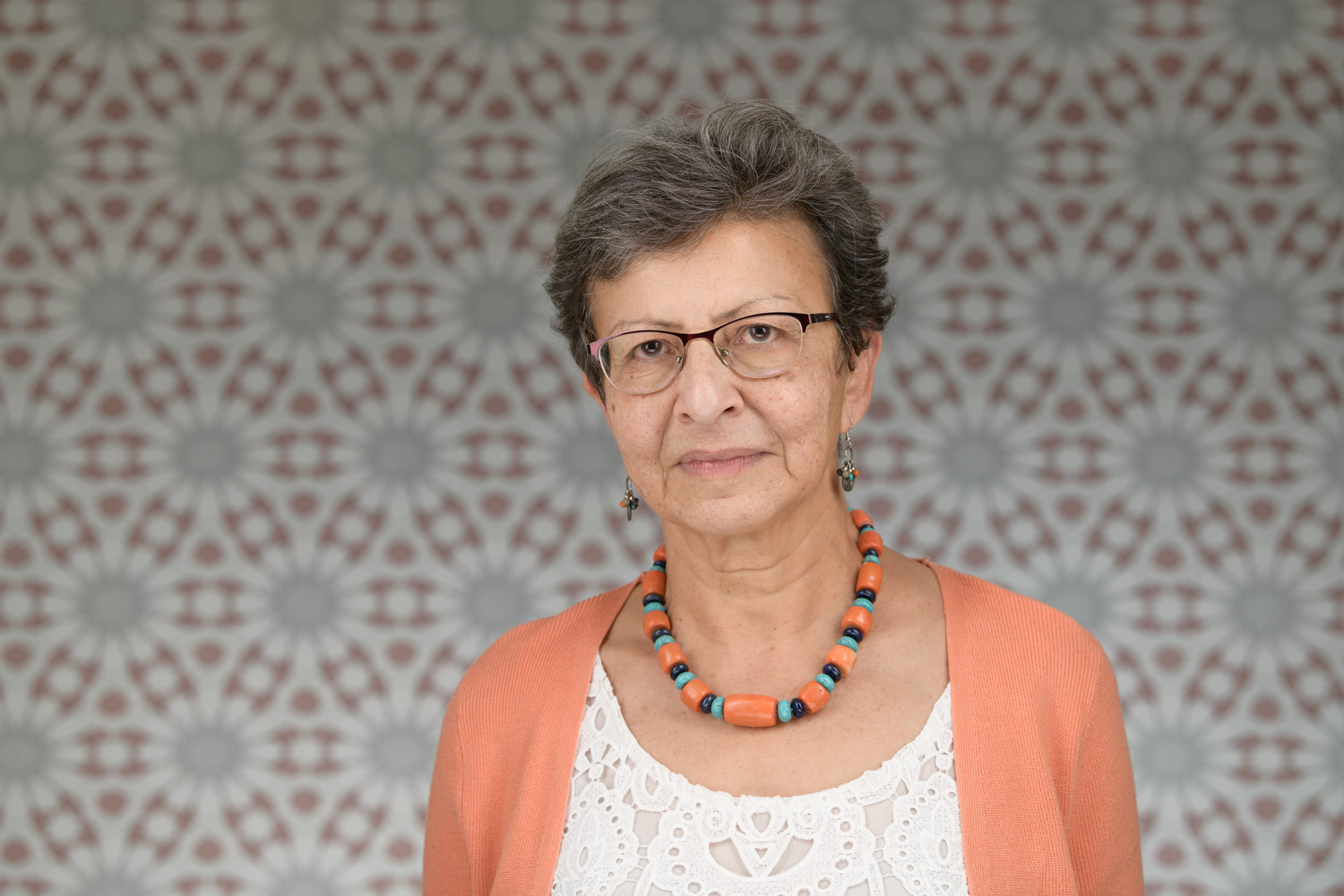
Hanan Sabea
- Position: Associate Professor and Sociology-Anthropology Graduate Program Advisor Editor-in-Chief of Cairo Papers in Social Science
- Department: Department of Sociology, Egyptology and Anthropology
- Email: hsabea@aucegypt.edu
Hanan Sabea is a professor of anthropology at The American University in Cairo (AUC). Her interests in anthropology began in Egypt, where she earned her BA and MA at AUC with research focused on development, population resettlement and the political economy of developing countries. After nine years of working in research and development projects in Egypt, she shifted her focus to Sub-Saharan Africa, particularly East and southern Africa, where she conducted research in Tanzania on land, labor and the making of histories.
Her experiences in both North and Sub-Saharan Africa have defined one of her broader intellectual concerns: how the very category of Africa has been historically constructed as an object of knowledge and as a cultural-political entity subject to a long history of interventionist and extractive politics. This is closely tied to an overarching interest in knowledge and decolonization, framed by questions of how knowledge is produced, by whom, for what purposes, when and where, and in what languages and forms.
Sabea’s research in Tanzania examined the transition from socialism to a free-market economy and polity, using sisal plantations as a microcosm for broader transformations. She explored how people construct their histories under colonial, postcolonial, capitalist and socialist regimes of power, and how these pasts shape their present social worlds.
The intersections of anthropology, history and political economy continue to shape her current research. She is engaged in projects on imagining the political and struggles for transformation, affective relations in narrating revolutionary change, irregular migration and the unbound bodies of laboring subjects. At the same time, she examines knowledge production in the social sciences, with particular attention to ethnographic explorations of gender differences in science labs and classrooms, and alternative modalities of producing knowledge beyond the confines of the classroom, the university and conventional ethnographic methodologies.
After six years of holding a joint appointment at the Department of Anthropology and the Carter G. Woodson Institute for African and African American Studies at the University of Virginia, Sabea returned to AUC, where she continues her research agenda while integrating it into her teaching and service.
In the Department of Sociology, Egyptology and Anthropology, she teaches a range of undergraduate courses, including Introduction to Cultural Anthropology; Anthropologies of Africa; Fieldwork Methods; Contemporary Theory in Anthropology; Classic Social Theory; Anthropology and Travel Accounts; Public History and Archiving; and Migrants and Transnationals. At the graduate level, her courses include History and Theory of Anthropology, History and Memory, Time and Temporality, Theorizing the State and Reading Capital.
- Thematic Interests: Political economy (commodities; plantations and labor relations; transnational corporations; socialist polities); legal and political anthropology (nationhood, colonial and post-colonial orders; citizenship); the anthropology of Africa; the anthropology of development (globalization; politics of development); history production and memory; history of anthropology of Africa; gender studies; knowledge production in the social sciences.
- Regional focus: East and southern Africa; Egypt and north Africa